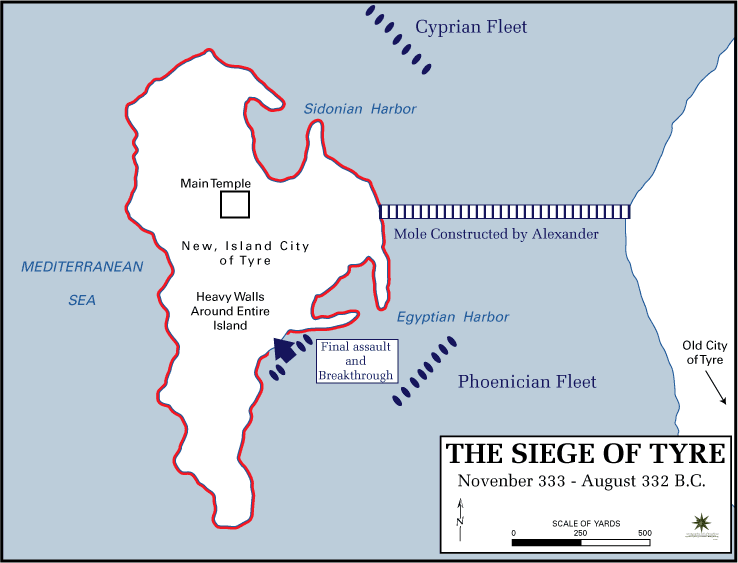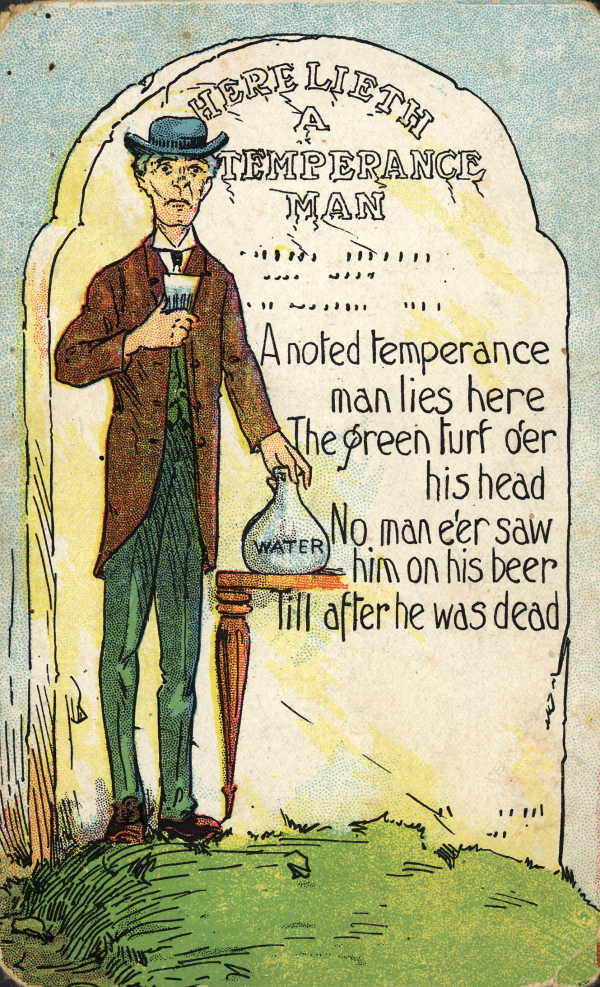
This is the fourth in a series of posts about living the virtuous life like Benjamin Franklin.
Resolve to perform what you ought; perform without fail what you resolve.
If you are to succeed in life, you must develop the virtue of resolution. Resolution is the firm determination to accomplish what you set out to do. Ben included resolution as his fourth virtue, because attaining it would ensure he would work through the other nine.
I’ve seen countless people set out with the best intentions, only to fail because their resolution was weak. But I’ve also seen many others succeed despite the odds because their resolve to achieve consumed them. A supreme example of resolution comes from the Macedonian military leader, Alexander the Great and his siege at Tyre.
Alexander’s Resolution to Conquer Tyre
Alexander the Great, one of the greatest men who ever lived, set out in his early 20’s to conquer the Persian Empire. In his quest to fulfill this seemingly impossible task, he conquered city after city. Among these was the Phoenician city of Tyre which served as a Persian naval base. A win at Tyre was a strategic necessity for Alexander. The problem was that Tyre was practically impregnable. The city sat on an island one mile off the coast Lebanon. Moreover, the city was protected by walls that reached 200 feet high at places and were 150 feet thick.
 Conquering such a fortress seemed impossible to everyone but Alexander. Brilliant, confident, and courageous, Alexander never backed down from any challenge. He ordered his men to begin building a bridge or mole to the island so that they could bring the siege towers near the walls of the city. Construction began in January of 332.
Conquering such a fortress seemed impossible to everyone but Alexander. Brilliant, confident, and courageous, Alexander never backed down from any challenge. He ordered his men to begin building a bridge or mole to the island so that they could bring the siege towers near the walls of the city. Construction began in January of 332.
The Tyrian navy shot flaming arrows at the work crews. The attacks made construction nearly impossible. Alexander was undeterred. He placed two towers equipped with catapults on the land bridge in order to defend his workers from the attacking ships. The Tyrians countered by filling their ships with a highly flammable substance, setting them afire, and running them into the bridge and towers.
Months of hard work went down in flames. Instead of giving up, Alexander ordered his troops to begin again, this time making the bridge even wider. Progress on the new bridge went according to plan and it steadily inched closer to the island.
While construction on the mole moved ahead, Alexander began planning a naval attack on the city. He summoned ships from his newly conquered territories and began to blockade Tyre’s ports. By utilizing battering rams on his ships, Alexander then started to test the walls of the city for weaknesses. But the Tyrians had placed stone blocks underwater to impede these triremes. This of course did not stop Alexander. He brought in ships with huge cranes to painstakingly lift the boulders out of the way.
On a dawn morning during July 332, Alexander readied his troops and weapons for a well-orchestrated siege. His soldiers attacked from the causeway and shot swarms of arrows. Ships’ rams smashed the walls. Catapults flung stones. A small breach was created on the south side of the island and the troops rushed in. Once the Macedonian army entered the city, they easily overtook the garrison and conquered unconquerable Tyre. It had taken Alexander nine months to accomplish what he set out to do. He never once doubted he would succeed.
Develop your resolution
Becoming a more resolute person will require you to dig deep and find the will to overcome any obstacles in your path to achieve your goal. Nobody can do that for you except you. But here are few suggestions that may help as you seek to become a man of unwavering fortitude.
1. Resolve how you will act when faced with a challenge, before you are faced with it. There are certain moral and ethical questions you assuredly will face during your life. Do not leave these decisions to be made in the heat of a moment. If you do, chances are weakness will take over and you will choose the easier and sometimes wrong choice. Resolve now what things you will and will not do, and you never have to make those decisions again.
2. Be supremely confident. Right before Alexander’s siege of Tyre, Darius the III, King of Persia, offered Alexander a truce, land, and his daughter’s hand in marriage. Alexander refused the offer and instructed Darius to henceforth refer to Alexander as “Lord of Asia,” and not as an equal. He added, “I shall pursue you, wherever you may be.” Never doubt you can accomplish what you set out to do and do not compromise.
3. Write down your goals everyday. By writing down your goals every day, you focus yourself on the task you wish to accomplish. Knowing exactly what you want to accomplish will keep you motivated to maintain your resolve even when times get hard.
4. Change your strategy. People often lose their resolve because they don’t have success. But oftentimes failure doesn’t come because the task is impossible, but because the wrong strategy is being used. Albert Einstein famously said, “Insanity is doing the same thing over and over again and expecting different results.” If you see something in your life isn’t working, change it up. You must be flexible in your quest to succeed. That’s what Alexander did. He started with the idea of the mole, but when that alone didn’t work, he added catapults and naval ships.
5. Reward yourself. If the task you set out to accomplish is great, break it down into smaller steps and reward yourself after you accomplish each one. Alexander’s men were famously and supremely loyal to him. He bred this loyalty and kept his men’s resolution strong by recognizing and rewarding them individually for the brave deeds in battle. Apply this same principle in your own life. After you fulfill one step, go out and treat yourself to something. It doesn’t have to be expensive. Buying your favorite magazine or a meal at your favorite burger joint rewards yourself for a job well done and will keep you motivated to push on.
Read the Rest of the 13 Virtues Series
- Temperance
- Silence
- Order
- Resolution
- Industry
- Sincerity
- Justice
- Moderation
- Cleanliness
- Tranquility
- Chastity
- Humility







